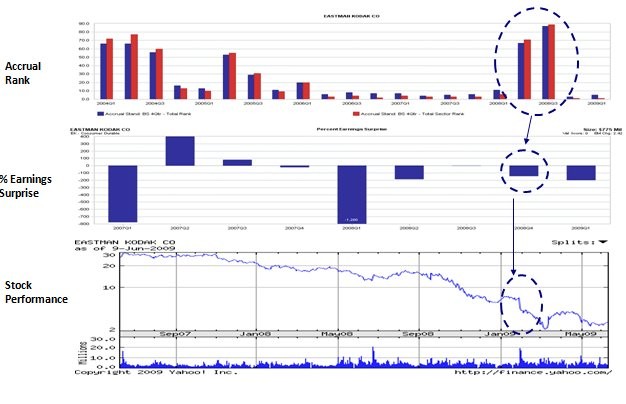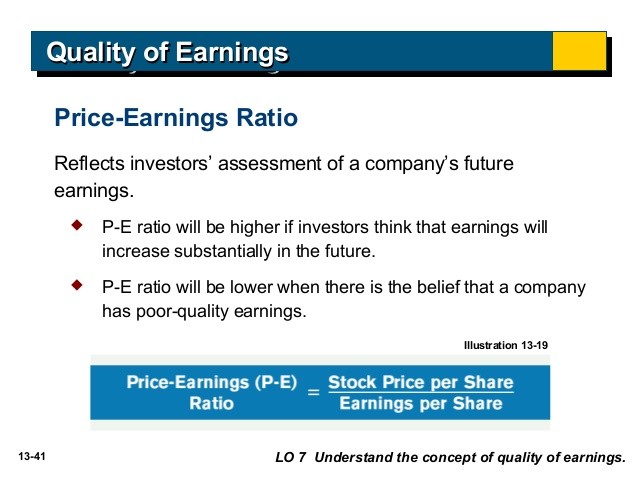Quality Of Earnings
Post on: 6 Май, 2015 No Comment

In the wake of continuing, highly publicized financial frauds and failures, the accounting profession has placed renewed emphasis on issues related to earnings management and earnings quality. That’s why investors and creditors from all over the United States are calling upon Freed Maxick CPAs. Whether its outsourced or co-sourced arrangements, investors and creditors can call upon Freed Maxick to perform a thorough, independent, third-party Quality of Earnings Studies.
In a troubled economy, healthy companies may find attractive targets in a growing population of troubled organizations. And private equity groups, which have played an increasingly active role as a source of growth capital or as an exit strategy for companies in a number of industries, are sitting on a sizable pool of capital and looking for places to invest.
Buyers must realize that due diligence is a different game in today’s difficult economy. Troubled targets make take a variety of steps to try disguise negative trends and poor results and make operating decisions that may have long-term negative effects on the value of the business. A disciplined due diligence process is more important than ever. Take a close look at the following areas if you are considering a deal.
Last twelve month (LTM) results
In a difficult economy, trends may be more important than raw numbers. LTM EDITDA may be falling, so a close review of the most current results and a comparison to historical results is vital. If results are trending down, the target company may be slow to release financials. Also, watch for accounting changes, such as deferring costs that used to be and should be expensed, or changes in accounting for inventory. The target also may attempt to accelerate revenue by offering incentive and discounts to customers. Normalize for any such activities to get a true picture of results.
Backlogs
Backlogs can be a leading indicator of declining financial performance. In the current market, sellers may try to avoid or may be slow in disclosing their current backlog, or may delay reflecting cancelled orders. Backlogs also may not be in saleable condition. Be sure to look at comparative backlogs over time so you will know which way this indicator is trending.
Sales/revenue
In a declining market, effective due diligence not only of the amount of sales and revenue, but also of their quality is vital. Take a close look at recent lost customers, or at customers who have stated an intention to move their business and find out what is driving those decisions. Credit is obviously a key concern for every business currently, so carefully evaluate the creditworthiness of the target’s client base. Is the target offering more generous warranty terms, discounts or other incentives to shore up sagging sales? Look for increases in barter activity, changes in return policies and increases in customer concentration – all could be bad signs.
Gross margins
A target company may take a variety of steps in a declining market that could adversely affect margins. For example, companies often discontinue less profitable or unprofitable product lines in tight markets – but that could mean that a higher percentage of overhead will be allocated to the remaining product lines, adversely affecting their margins. Discontinued product lines or slumping sales could mean the loss of volume discounts the company enjoyed in better times. The target’s suppliers and vendors may be increasing prices or otherwise changing terms.
Accounts receivable and bad debts
In an uncertain economy, an increase in bad debts is common. Look at the target’s receivables aging to see if collections are slowing. Other signs of trouble? Are customers disputing invoices in an effort to defer payments or lower costs? Is the target tightening credit limits, which may lead to lower sales? Remember, deteriorations in receivables will affect the company’s borrowing base and loan structure.
Accounts payable and purchasing
Targets in trouble may adjust their purchasing and accounts payable practices in ways that could affect their value. The target may be slowing payments to vendors and suppliers to conserve cash, or may have be having more disputes with vendors as it tries to return merchandise in an effort to control inventories and preserve cash. Take a close look at the target’s purchase obligations — are volume guarantees and associated penalties likely to become an issue? Is the target switching vendor relationships to control costs or stretch cash? This could lead to quality issues. Finally, even if the target itself is healthy, the failure of a key vendor could lead to interruptions and higher costs as the company scrambles to find a replacement, so you also must assess the health of the company’s key suppliers.
Inventories

If sales are falling, a company’s inventories often will creep up, which creates a higher risk of excess and obsolete inventory and related write-downs. If the target’s customers are experiencing slower sales or other issues, then returns are likely to increase, which also can cause inventory to increase. The target also could be allocating idle costs to inventory. All of this puts a drain on cash as increased inventory costs push working capital requirements higher.
Compensation and staffing
Payroll is usually the largest expense for an employer, so it’s no surprise that a troubled company make take steps to reduce its personnel costs. Has the company reduced, eliminated or deferred bonus payments, or has it forced salaried personnel to take unpaid leave? If so, be sure to consider the likely effects on morals and retention of key personnel, as well as potential future costs to make up for skipped or delayed payments.
If the company has laid off workers to save money, make sure that those cuts are sustainable.
Restructuring charges
Depending on their size, restructuring charges could cripple or destroy the target company. Watch for targets establishing restructuring charges and adding the results back to EBITDA. Also look for changes in reserves designed to artificially boost earnings.
Effective due diligence in a poor economy raises other considerations as well. For example, can you differentiate between declining results due to economic conditions, which may turn around when the economy does, and poor results due to lost market share or other reasons, which may not. A close review of the target’s management team also is in order. Managers who built a company during a period of strong growth may not be the right team to lead it through a downturn or turnaround. Lending relationships need especially close examination during the current credit crunch. An economic downturn can present unique acquisition opportunities, but also present very real due diligence challenges. More, and more effective, due diligence can be the difference between buying a troubled company and becoming one.
CONTACT US to learn more about our Consulting Services.
ABOUT US: Freed Maxick CPAs is Western and Upstate New York’s (NY) largest public accounting firm and a Top 100 firm in the U.S. Freed Maxick provides audit, tax and consulting services to closely-held businesses, public (SEC) companies, not-for-profits and governmental entities in Buffalo, Rochester, Syracuse, Albany and NYC, New York.














